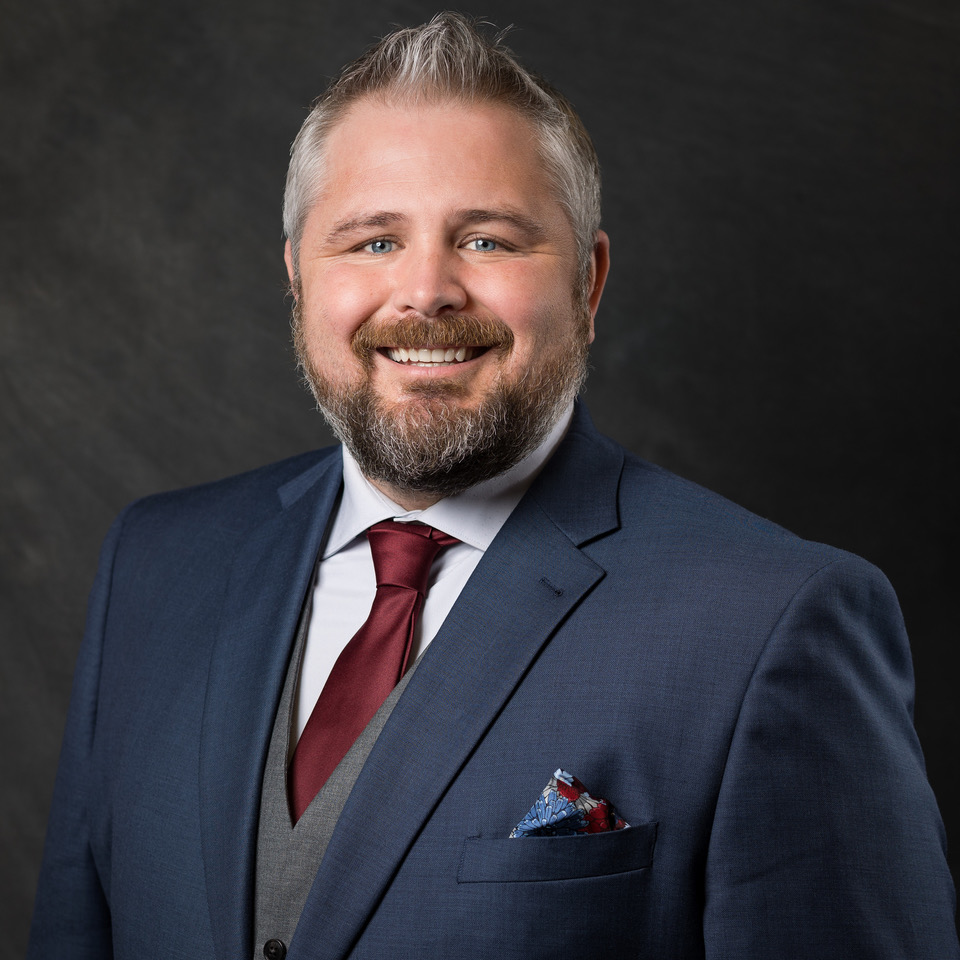By Mary Krueger, Medicare Specialist
It’s early 2024 and its already time to explore Medicare options for 2025. Many Medicare enrollees want to look at what is suitable for their needs in the Medicare market. If you have started looking for yourself or someone else, there are many different ways to procure coverage. Let’s explore some ideas for the 2025 Medicare Advantage programs that are being considered by medicare.gov.
Medicare Advantage
One of your options is the Medicare Advantage program. Insurance companies have slightly different copays and out-of-pocket maximums, so it’s very important to look at those. Additionally, some of your coverages are limited to in-network clinics and hospitals. Out-of-network procedures may require you to pay more or all of the bill. This is why it is critical to understand what your plan covers. Medicare pays the insurance companies for your care, so you do not need to show your Medicare card to the provider, you only need your insurance card.
Medicare Supplement (Medigap)
Your other options are the Medicare Supplement (also known as Medigap) policies which do not have networks. This seems to be the most popular option with our members with plans written through WisMed Assure. The freedom to choose where you get care (as long as the facility accepts Medicare) has been a very important benefit for those who are semi or fully retired.
Losing coverage
If you are age 65 or older, you have a right to guaranteed issue within 63 days of when you lose or end certain kinds of health coverage. When you have a guaranteed issue right, companies must sell you a Medigap policy at the best available rate, regardless of your health status, and cannot deny you coverage.
Choosing to enroll
Under federal law, you get a 6 month “Medigap Open Enrollment” period. It starts the first month you have Medicare Part B and you’re 65 or older.
Disability eligibility
Options are also available for those under age 65 who are eligible for Medicare because of a disability.
We are here to help you. Contact the WisMed Assure team at insurance@wismedassure.org, complete this quick online form, or call 608.442.3810 for help with your insurance needs.
Note: This article is for informational purposes only and should not be considered as insurance advice related to your specific policy or situation. Please consult with a qualified insurance advisor or professional before making any policy decisions. Full disclaimer and contact information.













